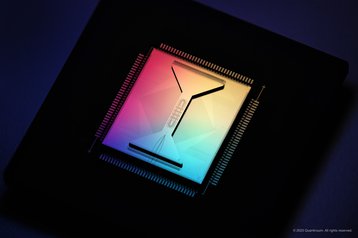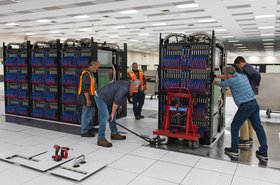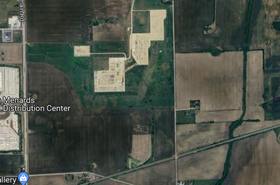Microsoft and Quantinuum claim to have developed the most reliable quantum system on record, achieving an error rate that it claims is 800x better than physical qubits.
According to the companies, Microsoft applied its qubit virtualization system to Quantinuum’s ion-trap hardware, running 14,000 individual experiments on Quantinuum’s H2 quantum processors without recording a single uncorrected error.
The two companies said they were also able to demonstrate more reliable quantum computation by performing error diagnostics and corrections on logical qubits without destroying them.
A logical qubit is a qubit that is encoded using a collection of physical qubits to protect against errors. The Microsoft and Quantinuum teams used 30 qubits to make four logical qubits.
Quantum computers have high error rates, with around one error occurring for every 100 operations. However, unlike with classical computing, error correction cannot be coded into quantum computing programs as quantum information cannot be copied and error rates need to be as low as one in a trillion in order for quantum computers to be useful.
“This is a crucial milestone on our path to building a hybrid supercomputing system that can transform research and innovation across many industries,” said Jason Zander, EVP, strategic missions and technologies at Microsoft, in a blog post announcing the achievement.
“With a hybrid supercomputer powered by 100 reliable logical qubits, organizations would start to see scientific advantage, while scaling closer to 1,000 reliable logical qubits would unlock commercial advantage,” he said.
Quantum computing company Quantinuum was founded in 2021 when Honeywell spun out its Quantum Solutions division and merged it with UK quantum computing startup Cambridge Quantum Computing. Microsoft has been partnering with Quantinuum since 2019.
In May 2023, Quantinuum announced the launch of its System Model H2 which contains 32 qubits capable of all-to-all connectivity, which occupies around 200 sq ft in a data center in Denver, Colorado. It is reportedly one of two prototype machines in the facility.







